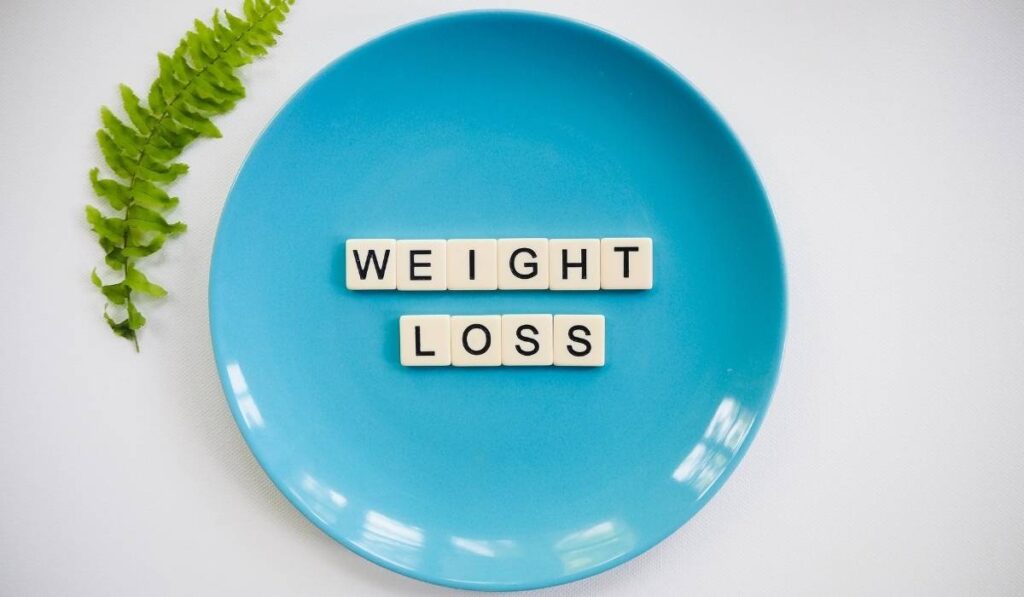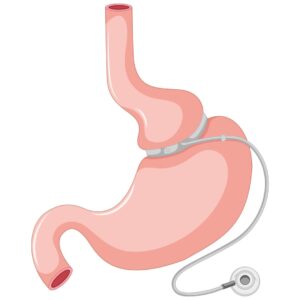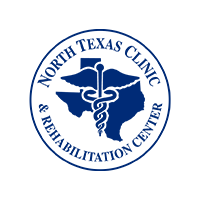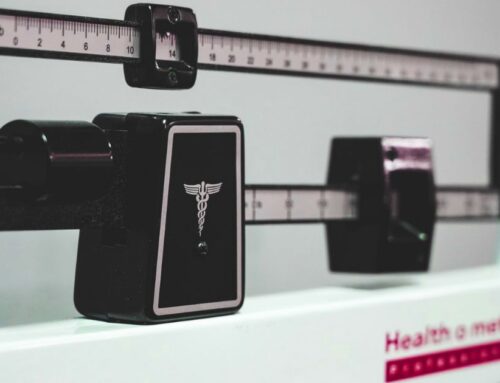
A lot of people question what the quickest way to lose weight is. Many go to surgeons, sometimes in other countries, to pursue weight loss surgery without looking at other alternatives. With so many non-surgical weight loss options, should they?
Restrictive diets and challenging exercise programs don’t work for everybody. Even when they do, many people gain the weight back.
For others, nothing works. No matter how much they cut calories or work out, they never achieve significant weight loss.
The medical community is learning more about the science of what causes obesity. While eating more calories than you burn will cause you to gain weight, losing it isn’t always as simple as reversing that pattern.
As noted in the article Genetics and Obesity, the authors point to many genetic and environmental factors that lead to obesity. When your weight results from issues outside of your control, medically-assisted weight loss may be the only answer.
What is Surgical Weight Loss?
While there are several types of surgical weight loss, they all involve a restructuring of the stomach to some degree.
These procedures work by reducing the size of the stomach and, in some cases, a portion of the small intestine. With less room, your appetite decreases, and you become full more quickly.
You’ll quickly begin shedding pounds once you lose the ability and desire to eat as much as you once did.
Surgical weight loss may be the best option for people who are considered to be morbidly obese or have severe weight-related health conditions.
However, as with any surgical procedure, there are risks.
In addition, to those associated with surgery, these methods make it more difficult for your body to absorb the number of nutrients you need. Many problems can occur when you don’t get the vitamins and minerals your body needs to function normally.
Because of the change in the structure of your digestive system, other potential risks include acid reflux, bowel obstruction, hernias, ulcers, and the need for additional surgeries.
As with any other weight loss option, a change in eating habits, activity levels, and lifestyle are critical to long-lasting weight loss. Without these changes, the stomach can stretch back into its former shape, and weight gain will follow.

Illustration of a Lap-band placed on the stomach, image via Canva.
What is Non-Surgical Weight Loss
For people with a slightly lower BMI or who don’t qualify for invasive surgery, there are non-surgical weight loss options.
Some of them, like the gastric balloon, still involve a change to their digestive system. But instead of surgery, these are performed through an endoscopic tube fed through the mouth and esophagus.
However, many people don’t want to deal with the processes and possible risks associated with bariatric weight loss procedures. Fortunately, there are other non-surgical options.
Medical weight loss is a highly effective, viable option for many people struggling to lose weight.
Unlike standard diets and the “one size fits all” approach of commercial weight loss programs, medical weight loss involves medications, diets, and exercise programs tailored to you and your needs by a medical professional.
Your healthcare provider will take a detailed survey of your health, relevant family history, diet, activity level, and other factors. If needed, they may take blood or perform additional tests to check for undiagnosed medical conditions that could prevent you from taking a prescribed weight loss medication.
Several weight loss medications are available, including Semaglutide, which we use in our clinics. They’ve been highly effective in helping patients lose weight that they haven’t been able to shed through diet and exercise alone.
However, as with surgery, there’s no such thing as a magical cure that lasts forever.
Medical weight loss works, but you have to put in the work too. Without lifestyle changes that include following a healthy eating and exercise plan, long-term weight loss simply isn’t possible.
Who Benefits from Non-Surgical Weight Loss?
People who only want to lose a few pounds for an event probably don’t need to consult their provider. Increasing activity and cutting out a sugary treat or daily snack would likely be enough to get them to their goal weight.
But medical assistance is your best option for people who want or need to lose significant weight.
Excess weight can cause a variety of health problems that can range from irritating to severe. From arthritis and back to dangerous heart conditions and diabetes, weight-related health conditions can greatly impact your life.
Healthcare provider-assisted, non-surgical weight loss can dramatically improve your health and well-being, especially if you’ve struggled to lose weight on your own or are suffering from weight-related health issues.
When is Surgery the Right Option?
Most people who are overweight can have excellent results from lifestyle changes and non-surgical weight loss options.
However, there are cases when surgery is necessary.
Most people who require bariatric surgery have a BMI at or over 40 or have weight-related health conditions that are affecting their daily lives and well-being. These issues may include hypertension, sleep apnea, diabetes, or other life-threatening problems.
Surgery can also become necessary when they’ve tried and failed multiple weight loss options in the past or have regained the weight they’ve lost.
In addition to physical qualifications, including the ability to handle surgery, your doctor will evaluate your plan for staying healthy and maintaining weight loss.
Again, weight loss surgery won’t lead to permanent weight loss without significant lifestyle changes. But if you’re committed to those changes, surgical weight loss can have a relatively quick and vital impact on your health.
Which is Best for Me: Surgical or Non-Surgical Weight Loss?
Whether you should pursue surgical or non-surgical weight loss is largely up to you and your doctor.
Except in extreme cases where a person’s health and livelihood are at serious risk, surgery should typically be seen as a last resort.
That said, if you’re suffering from a debilitating weight-related health condition, it can save your life.
For less severe cases, non-surgical weight loss, including prescription medications, is usually the better option. Results may not happen as quickly, but it is a much less risky and equally effective way to lose weight.
With your healthcare provider’s guidance and support and your commitment to keeping up with your eating and activity plans, long-term weight loss is well within your reach.
Not only that, but medically-assisted weight loss removes some of the pressure of having to do it all on your own. Yes, losing weight is hard work, but it’s much easier when you have the advice of a trusted provider and a plan tailored to your needs.
Maintaining a healthy weight is vital for your well-being, and weight loss alone may be the cure for the weight-related conditions you might experience.







